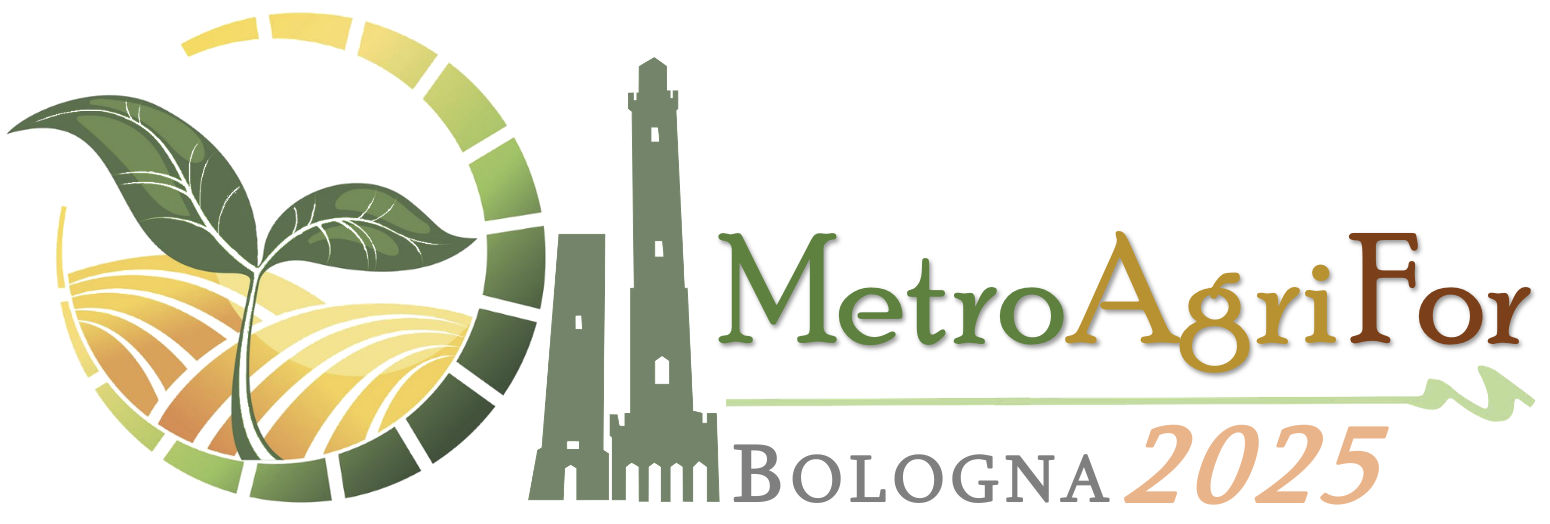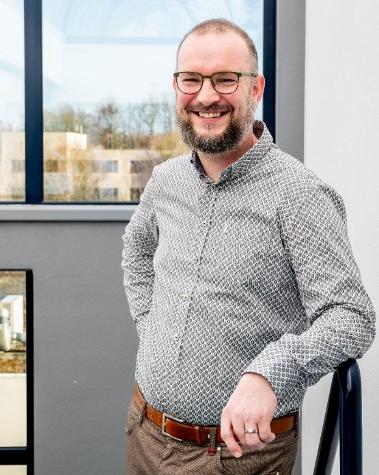KEYNOTE
Printed and Stretchable Electronics: frontiers in agricultural applications
Wim Deferme
Hasselt University, Institute for Materials Research (IMO-IMOMEC), Belgium
ABSTRACT
Printed and stretchable electronics are revolutionizing precision agriculture by enabling real-time, non-invasive monitoring of crop health and environmental conditions. These flexible, conformable devices can be seamlessly integrated into various agricultural settings, providing continuous data on critical parameters such as temperature, humidity, soil moisture, and plant growth dynamics.
Our research focuses on the development of screen-printed and liquid metal-based stretchable sensors tailored for agricultural applications. Utilizing materials like silver nanowire inks and eutectic gallium-indium alloys embedded in elastomeric substrates, we have created sensors capable of enduring the mechanical stresses of dynamic agricultural environments. These sensors are designed to monitor parameters including fruit expansion, stem elongation, and microclimatic variations, offering valuable insights for crop management.
Building upon our previous work in biomedical sensing—specifically, stretchable devices for wound monitoring—we have adapted these technologies for plant health assessment. For instance, our stretchable bioimpedance sensors, initially developed for monitoring tissue healing, can be repurposed to evaluate plant tissue integrity and hydration levels. Similarly, our temperature and strain sensors, validated in dynamic biological systems, are applicable for tracking plant growth and stress responses.
The fusion of advanced sensor technology with precision agriculture practices holds the promise of optimizing resource use, improving crop yields, and promoting sustainable farming. In this presentation, we will delve into the materials science, fabrication techniques, and sensor designs underpinning our work, and discuss their potential to transform agricultural monitoring and management.
SPEAKER BIOGRAPHY
Wim Deferme obtained an engineering degree in Applied Physics at the Technical University of
Eindhoven in The Netherlands in 2003. He obtained a Ph.D. in Materials Physics at Hasselt University in 2009 on the surface termination of synthetic diamond. In 2009, as a postdoc, he started research in the field of Printable Electronics. Since February 2014, he has been a Professor at Hasselt University, heading a group of 1 post-doc, 6 Ph.D. students, two full-time researchers, and several bachelor and master students in the field of “Engineering of Functional Materials.” His research activities are focused on the printing of functional materials. Printing techniques such as inkjet printing, screen printing, and ultrasonic spray coating, investigating coating deposition targeting applications such as Organic Electronics, printed sensors for health monitoring, and stretchable electronics are among his expertise!
The Functional Materials Engineering (FME) research group, headed by Prof. Wim Deferme, is focused on the printing and coating of functional materials on a wide variety of substrates by applying techniques such as inkjet printing, screen printing, ultrasonic spray coating, spin coating, and blade coating. It is the aim of the FME group to optimize printing and coating techniques in combination with the engineering of functional materials for applications such as Organic Light Emitting Devices, printed sensors for health care, and stretchable electronics applications. The group focuses on the deposition of these devices on non-rigid and/or non-flat substrates such as paper, textiles, and 3D structures.







